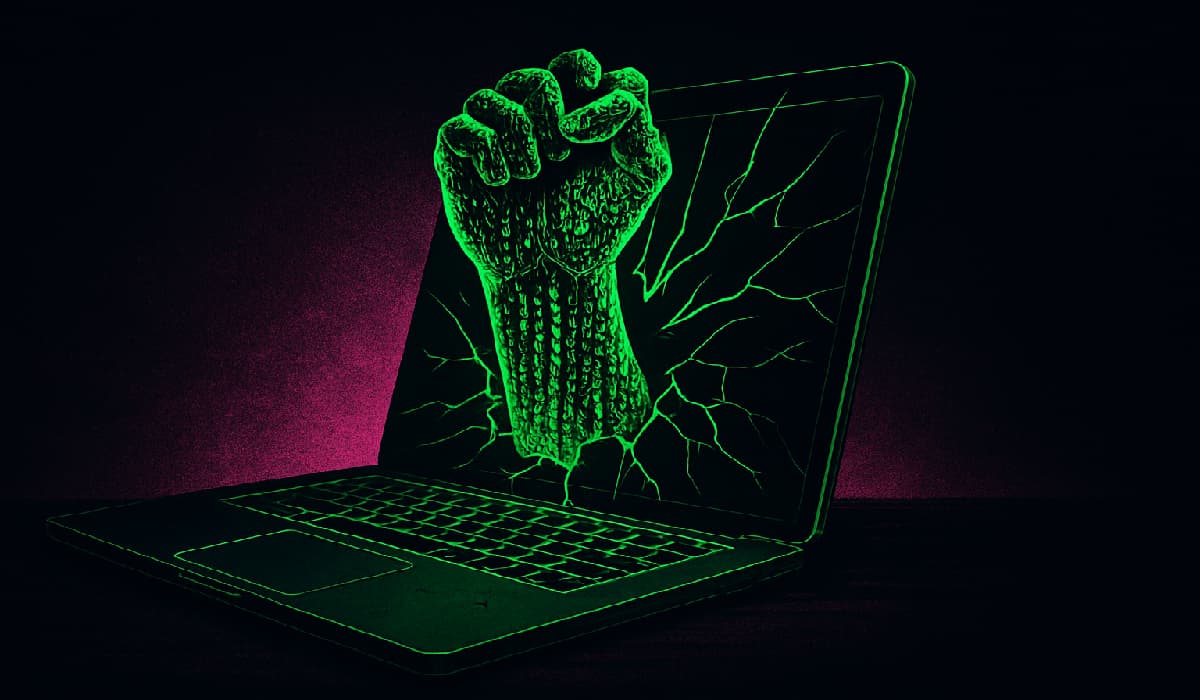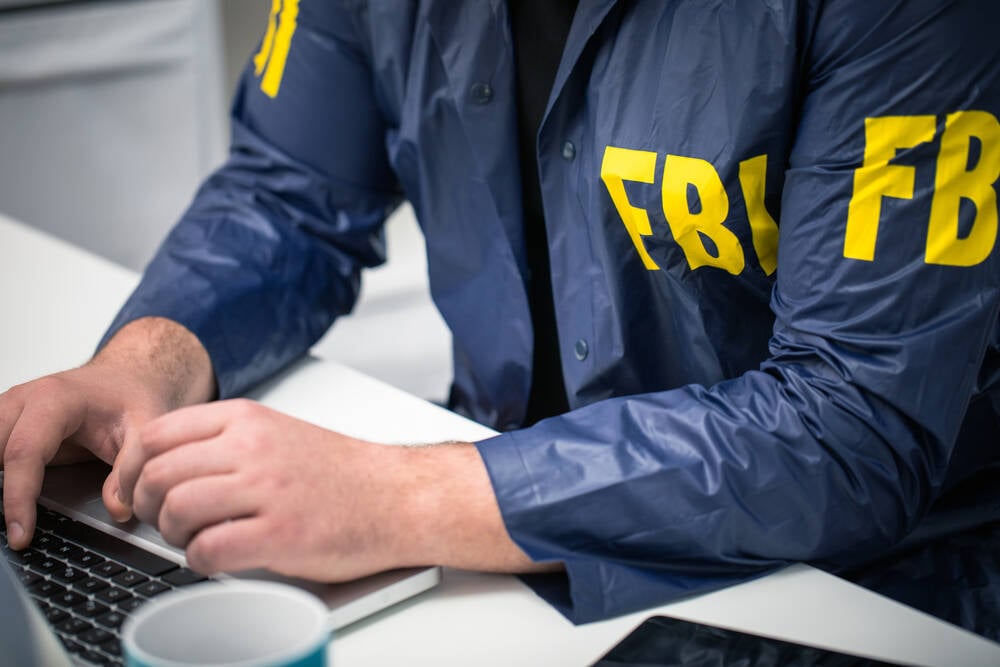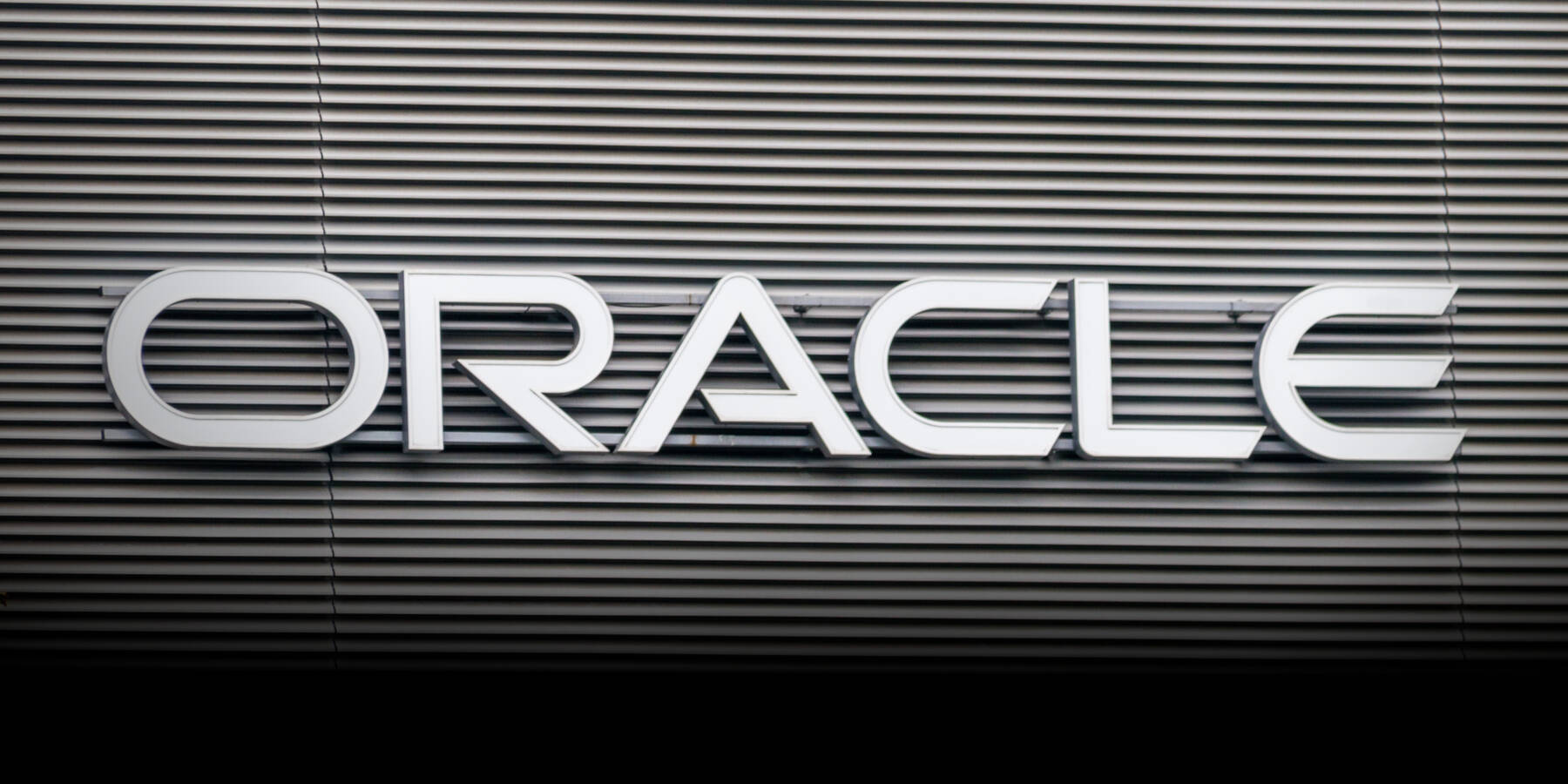BOOK THIS SPACE FOR AD
ARTICLE ADThe U.S. is panicking over TikTok. After President Trump announced that he was considering “banning” the popular video-sharing app, Reuters reported that the administration has given Microsoft a 45-day deadline to finalize an acquisition of TikTok’s U.S. operations from the app’s parent company, ByteDance. In doing so, the president is responding to legislators’s and policymakers’s worries about the Chinese government using the app as a vector for espionage and election interference, perhaps through tweaking the TikTok’s algorithm to favor or disfavor videos supporting one candidate or another. In response, TikTok has claimed independence from the Chinese government and argued that any U.S. government action will be unfounded and discriminatory.
So do American politicians’s concerns over TikTok have any merit, or is this just an instance of overblown fearmongering? ByteDance, the Chinese company that owns TikTok, has a more complicated relationship with the Chinese government than many American critics may realize. But if the government were intent on pressuring ByteDance to help with some kind of interference abroad, the company has little wiggle room.
In discussing the potential dangers of technology from China, Americans often lump TikTok together with Huawei—imagining these companies as run by faithful party members toiling ceaselessly to spread Xi Jinping Thought. But there is an important generational split between TikTok and Huawei. Huawei’s CEO Ren Zhengfei, while certainly inspired by American managerial thinking, served in the People’s Liberation Army and modeled much of his mindset on Mao Zedong, framing Huawei’s expansion as a point of national pride. But ByteDance is run by a new generation of leaders with a very different relationship with the Chinese Communist Party (CCP).
ByteDance CEO Zhang Yiming, just 38, is this cohort’s leading man. He is part of a group of nerdy software engineers who are much more liberal and open to the west than their forebears. These founders were promised a China opening to the West and were all active online back when the Chinese internet was much more open than it is today. (For instance, Zhang’s posts on the microblogging platform Weibo from the early 2010s positively contrasted America’s freedom of speech with restrictions in China.) Many spent years in Silicon Valley or worked for top American tech firms in China, as Zhang did after graduate school for Microsoft. For them, to compete against Western firms overseas—as TikTok has succeeded in doing—is a natural evolution after saturating a domestic market. These CEOs probably want nothing to do with Chinese foreign policy.
At the end of the day, however, there is very little that these firms can do to push back in a party-state environment. ByteDance has already been repeatedly forced to bend the knee to party authority at home. Most punishingly, in April 2018, the government compelled ByteDance to shut down its popular “Neihan Duanzi” (“inside jokes”) app for good due to its “vulgar” content. In response, Zhang issued a letter of self-criticism, a textbook maneuver of the CCP used initially to control wayward cadres and now occasionally forced upon businesspeople. “Our product took the wrong path, and content appeared that was incommensurate with socialist core values,” Zhang wrote. He also promised that the firm would in the future, “Further deepen cooperation with authoritative [official party] media, elevating distribution of authoritative media content, ensuring that authoritative [official party] media voices are broadcast to strength.” Compare this to the relatively free reign that American tech leaders enjoy.
These nods to the party are readily apparent to users in China. I noticed that after the government crackdown on ByteDance products in 2018, advertorial-style Douyin videos about the Chinese police and army started to appear more frequently—driven, presumably, by internal tweaks to the recommendation algorithm. Yet while such actions may reinforce ByteDance’s standing domestically, the firm’s connection to and reliance on the CCP’s goodwill risks becoming a liability as the platform’s market abroad grows.
For the first few years of TikTok’s existence, ByteDance did its best to sidestep these political issues by making a “fun-only” app completely divorced from politics. The original app allowed users to record just their “美好生活”—“a beautiful life,” as the tagline for Douyin, the domestic Chinese version of TikTok, reads. This would include shopping sprees, snapshots of happy farmers, exercise videos and lighthearted jokes, but certainly no videos of police brutality, camps in Xinjiang or domestic protests within China.
Even as TikTok’s user base outside China grew, it seemed that TikTok might be able to keep politically charged content off the platform by banning political advertising and upholding a more restrictive content policy than Facebook or YouTube. The platform received some bad press early on when, in November 2019, it banned an American user who had posted a video discussing China’s treatment of Uighurs. However, the recent surge of U.S. political activism following George Floyd’s killing will likely make it difficult for TikTok to keep any further meddling along these lines under the radar. Once Gen Z had its political awakening earlier this year, they simply would not have put up with a platform that suppressed their speech on political topics. Indeed, Americans on the app complained loudly when, in the week after Floyd’s death, posts with the hashtags #blacklivesmatter and #georgefloyd displayed on the app as having zero views—leading TikTok to apologize and blame the issue on a “technical glitch.”
On July 29, TikTok USA CEO Kevin Mayer reiterated the platform’s claims to neutrality, declaring that “We are not political, we do not accept political advertising and have no agenda—our only objective is to remain a vibrant, dynamic platform for everyone to enjoy.” As much as he would like that to be true, the fact is that once TikTok outgrew its origins as a lip-syncing and dancing app for preteens and into a major national platform, it was untenable to stop Western users from uploading political content.
Now that TikTok’s users have mobilized politically, ByteDance’s power to channel that energy with its algorithm is worrisome. Many analyses of TikTok’s potential dangers highlight the issue of data privacy—but the threat of political interference through algorithmic manipulation is, in my view, more concerning. While TikTok vacuums up user data, so too do Facebook and Google; meanwhile, and thanks to China’s successful hacking of the U.S. Office of Personnel Management in 2015, Chinese intelligence services have more interesting personal data on current and former U.S. government employees and contractors than they know what to do with. Anything it could learn about these individuals through their TikTok usage is probably not nearly as relevant.
The potential for Chinese government interference in ByteDance is considerable—and like other tech firms in China, there’s little the company can do about it. The Chinese government is no stranger to using orchestrated networks on Western platforms to influence foreign opinion and interfere in elections. It has run massive Twitter operations and surreptitiously bankrolls pro-CCP Youtube channels. It worked to get pro-Beijing candidate Han Kuo-Yu elected as mayor in the Taiwanese city of Kaohsiung and posted thousands of tweets opposing the reelection of anti-reunification Taiwanese President Tsai Ing-wen in 2020. Before, when TikTok was mostly apolitical, it would have been difficult to interfere in an election by meddling with the platform—such an effort would require more subtle forms of manipulation, like pushing happier videos to people you wanted to encourage to vote. But now that TikTok is chock-full of political content—and with tens of millions of daily active users in America—pushing certain videos to promote one candidate over another would be trivial.
Chinese tech firms are not enthusiastic partners in these sorts of foreign policy endeavors. Aside from the occasional government offer of free office space and tax benefits, these companies would generally prefer to have nothing to do with the government. Take the ridesharing company DiDi’s initial response to police requests for data—in one instance, after twice outright refusing the request on privacy grounds, DiDi finally printed out a few boxes of documents that for the police’s purposes were nearly useless. Likewise, Zhang, ByteDance’s CEO, is surely not happy to have to issue apology letters and face mandated shutdowns of popular products.
But China’s national intelligence law, according to one interpretation, gives total authority to the government to compel firms—and with no independent judiciary, even extralegal pressure is very hard to resist. CCP regulators can take massive bites out of market capitalization at will, and have in the past thrown ByteDance senior leadership in jail on corruption charges. This makes keeping officials at home happy ByteDance’s first priority, regardless of reputational risks abroad.
So faced with increasing pressure from the United States, what can TikTok do? Kevin Xu, author
[…]
.png)















 Bengali (Bangladesh) ·
Bengali (Bangladesh) ·  English (United States) ·
English (United States) ·